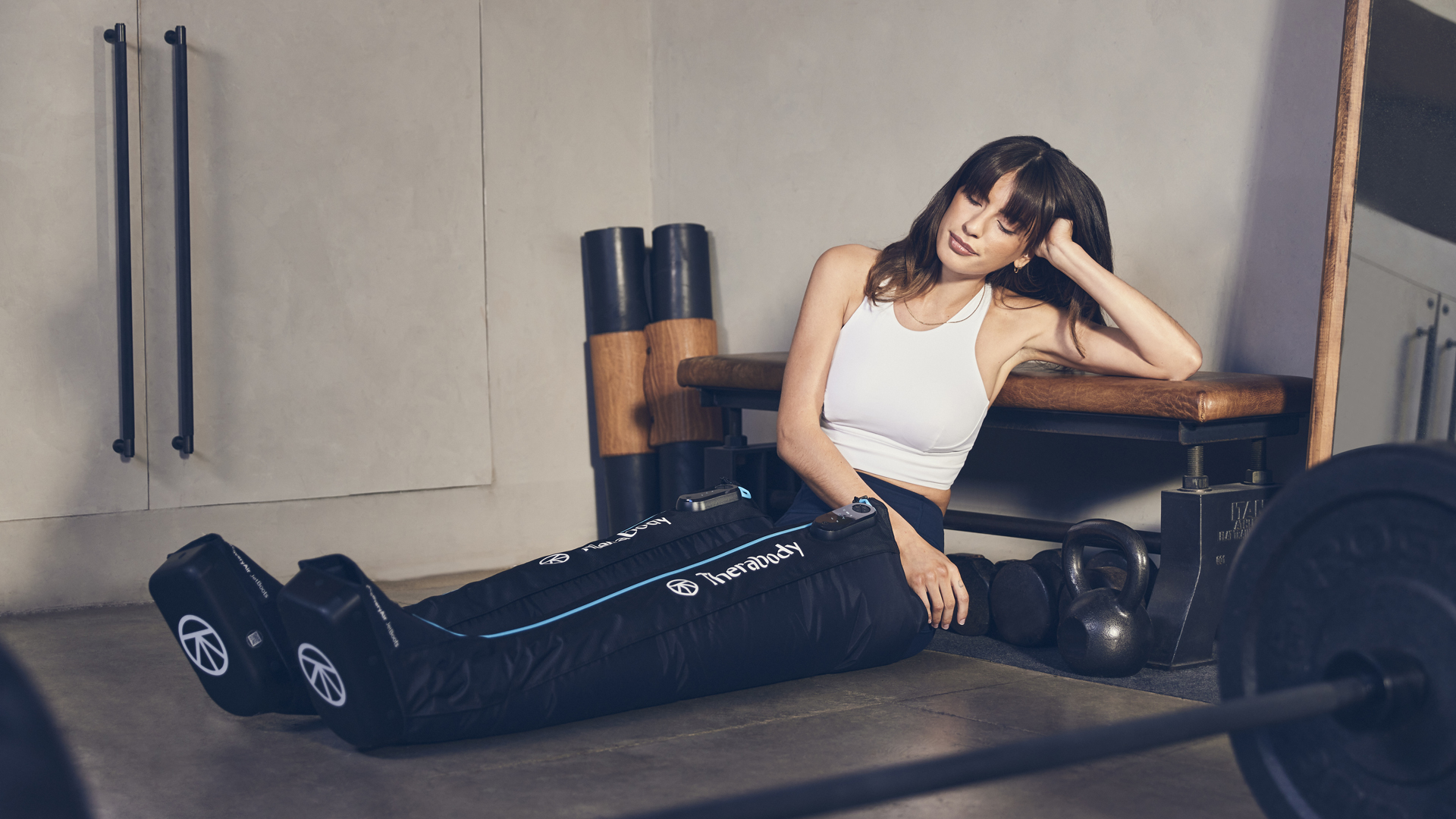
It’s World Sleep Day 2025, an annual event that raises awareness on the importance of sleep. Regardless of whether you’re a good sleeper or an insomniac, sleep is incredibly important in order to let your brain and body recover, and have you feeling your best the next day.
But in a recent study from Therabody, research found that 78% of UK adults don’t prioritise their sleep routine, despite over half of participants recognising that a lack of sleep affects their health. Further research found that around 64% of Brits sleep less than the recommended eight hours of sleep, with stress or anxiety being the primary cause preventing people from falling asleep.
Having a consistent sleep routine can make a world of difference for your overall rest and relaxation. To find out more, I spoke to Therabody’s Founder and Chief Wellness Officer, Dr Jason Wersland who offered seven tips on how to perfect your sleep routine.
P.S. For a good night’s sleep, make sure to invest in the best mattress and use these 27 World Sleep Day tips for a better night’s rest.
1. Focus on deep breaths
Breathing techniques have an amazing effect on managing stress and helping you fall asleep faster. There are many tried and tested breathing hacks for sleep but one that Dr Wersland recommends – and my personal favourite – is 4-7-8 breathing.
To try 4-7-8 breathing, inhale for four seconds through the nose, hold it for seven seconds and exhale for eight seconds through the mouth. Do this on repeat as it “switches your nervous system to a state of calm”, and in my experience, it helps relieve stress and tension, and has helped me fall asleep quickly.
2. Apply gentle vibrations to the eyes and temples

According to Dr Wersland “muscles in the eyes and temples are sensitive to stress and tension building” so giving these areas a gentle massage can help you relax. This can be done manually or by wearing a device like the Therabody SleepMask which applies gentle vibrations and pressure to the eyes and temples to encourage relaxation and sleep. See my Therabody SleepMask review for more details on how it works and how effective it is.
3. Lower the temperature of the bedroom
For people who hate the cold – like me – you’d be surprised to hear that sleeping in a cold room is better for you. This is because colder temperatures reinforces your body’s natural instinct for sleep by triggering melatonin, the sleep hormone, which makes you feel sleepy, as well as other benefits like slower ageing and a faster metabolism. Dr Wersland recommends aiming “to keep room temperature at a cool 18 degrees, the ideal setting for rest and relaxation.”
4. Care for stiff, sore and restless muscles
Sleep is the time where your body relaxes and recovers, but if you’re feeling particularly sore or uncomfortable, take the time to look after your muscles before you go to bed. Not only can this help speed up your recovery, but it can be hard to fall asleep while feeling pain or discomfort. Dr Wersland suggests relaxing your body using a massage gun or trying the Therabody JetBoots for pneumatic compression – a great tool for athletes and runners.

5. Avoid screens before bed
Blue light is emitted by phones, laptops and tablets, and it can massively disrupt your sleep as it confuses your circadian rhythm and convinces the brain that you should be awake. Due to this, sleep experts including Dr Wersland recommend avoiding blue light and other light exposure to avoid delaying your hormones and affecting your circadian rhythm to get a better night’s sleep.
6. Wear an eye mask to bed
Sleep or eye masks have become much more technologically advanced now – like the Therabody SleepMask – but sometimes it’s good to get back to basics. As Dr Wersland explains, light can disrupt your sleep cycle so blocking it out by wearing an eye mask can keep your hormones balanced and remove any unwanted distractions from your line of sight.
7. Listen to white noise
As someone who’s tried many different sleep apps and guided meditations, sleep noises can be incredibly effective for lulling you to sleep. White noise is often recommended for helping with sleep, as well as nature sounds like rainfall and ocean waves. The Therabody app can help with this as it has a TheraMind section which plays calming music and sounds for a better night’s rest. For more details, see our guide on the different types of sleep noises.







